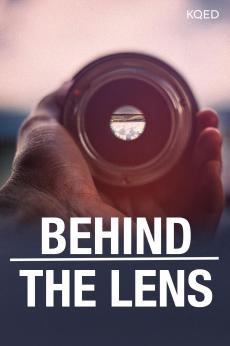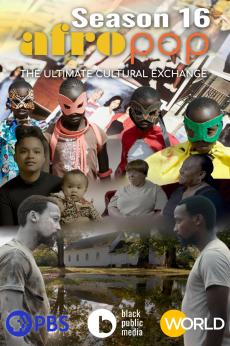Schedule
There is no broadcast information available at this time.
PBS PASSPORT
Stream tens of thousands of hours of your PBS and local favorites with WETA+ and PBS Passport whenever and wherever you want. Catch up on a single episode or binge-watch full seasons before they air on TV.
Similar Shows
Poster Image

Behind the Lens
Indie Films
Poster Image

PBS Short Film Festival
Indie Films
Poster Image

AfroPoP: The Ultimate Cultural Exchange
Indie Films
Poster Image

Indie Alaska
Indie Films
Poster Image

Film School Shorts
Indie Films
Poster Image

PBS Indies
Indie Films
Poster Image

Beyond Graduation
Indie Films
Poster Image

Muslim Youth Voices
Indie Films
Poster Image

Pacific Heartbeat
Indie Films
Poster Image

Doc World
Indie Films